2 March 2022
When Auckland went back into lockdown last August Harbour Hospice clinical teams rolled up their sleeves and went into battle. For the next 107 days they waged war at our frontline, continuing to provide the highest level of care for our patients, in the most extraordinary of circumstances.

Working in a climate of heightened anxiety in hot and heavy PPE gear became their norm. And making critical decisions in a constantly evolving national health crisis became their day-to-day. But both CPC Registered Nurse Lupe Williams, from our community nursing team, and IPU Team Leader Sue Smith say lockdown only reinforced for them that they’re in “the right job”.
“A lot of us get into hospice because we want to take a bit of the load off patients and their families,” says Lupe. “We know that this is one of the hardest times that people will experience in their lives and if we can make things a little easier for them then that’s gratification for us.”
That didn’t mean caring for patients and their families during lockdown wasn’t challenging. Both the community and IPU teams found they were caring for a greater number of patients with extremely complex symptoms. Due to patients being fearful of going to their local hospital or GP, many tolerated symptoms for longer than they usually would have and received late diagnoses, explains Lupe. “We were seeing some pretty unwell people. And that meant we sometimes had to be the bearer of bad news, that time left for them was short.”

Nurse Lupe Williams
Some families chose not to bring their loved one into the IPU because visitor numbers had to be restricted to one family member, and this increased the workload for the community nurses. And for IPU staff, it presented different sorts of challenges.
“Our care is very much of a holistic nature, where we’re not only caring for the patient but also their family, extended family and friends,” explains Sue. “Having to be gatekeeper and limit who could come in was very, very difficult, and that was probably the single biggest thing that affected staff.”
The teams also found that wearing masks and PPE gear proved a barrier to navigating sensitive conversations. “Verbal communication is such a tiny part of how people interact,” says Sue. “The rest is in facial expressions and body language, so trying to communicate with people, assess how a person is really feeling, was a challenge we had to overcome.”
The teams were acutely aware of bringing Covid-19 into the IPU or patients’ homes - or into their own homes – so were hypervigilant about limiting their movements. “Even as restrictions eased, we still limited what we did and where we went,” Lupe says. And this meant that their worlds often felt very small.
“One thing that helped was that we’ve been through this before, so we were able to adapt quickly,” says Lupe. Agrees Sue, “If there’s one thing that Covid has taught us it’s that we’re resilient.”
